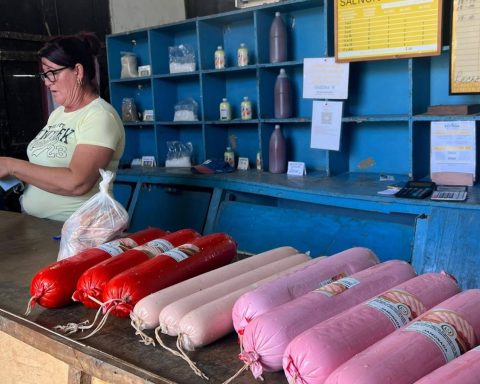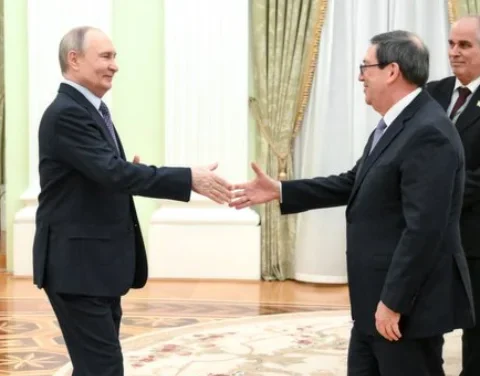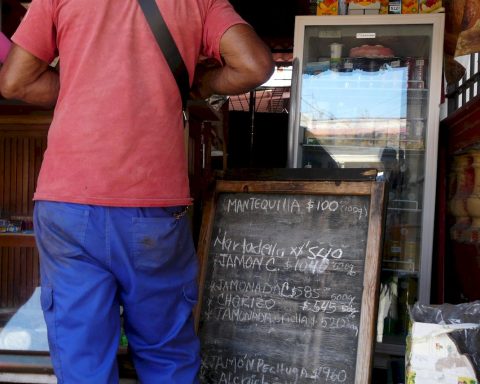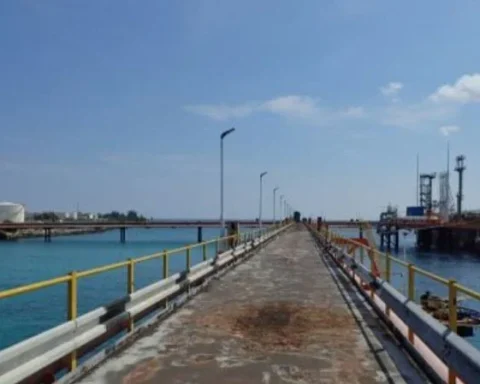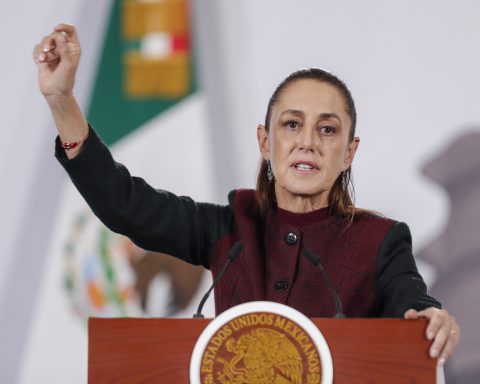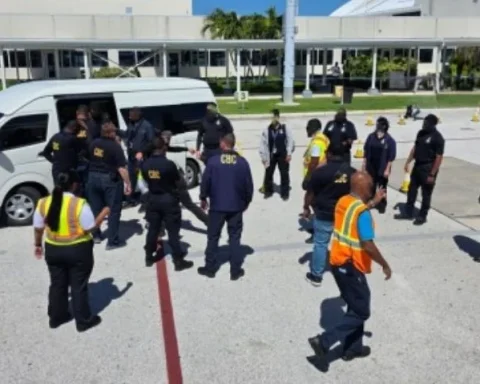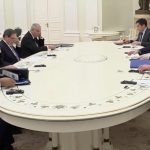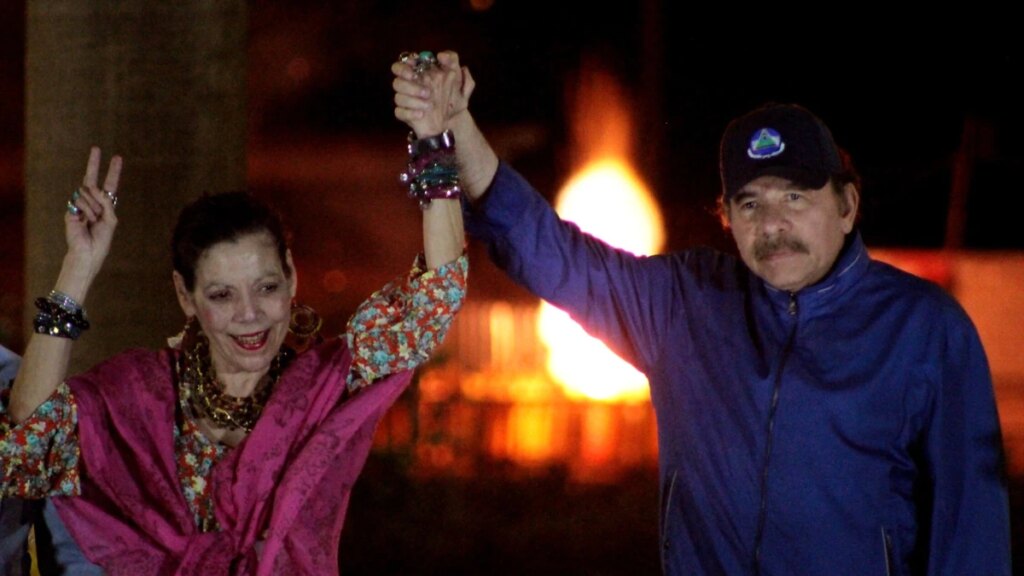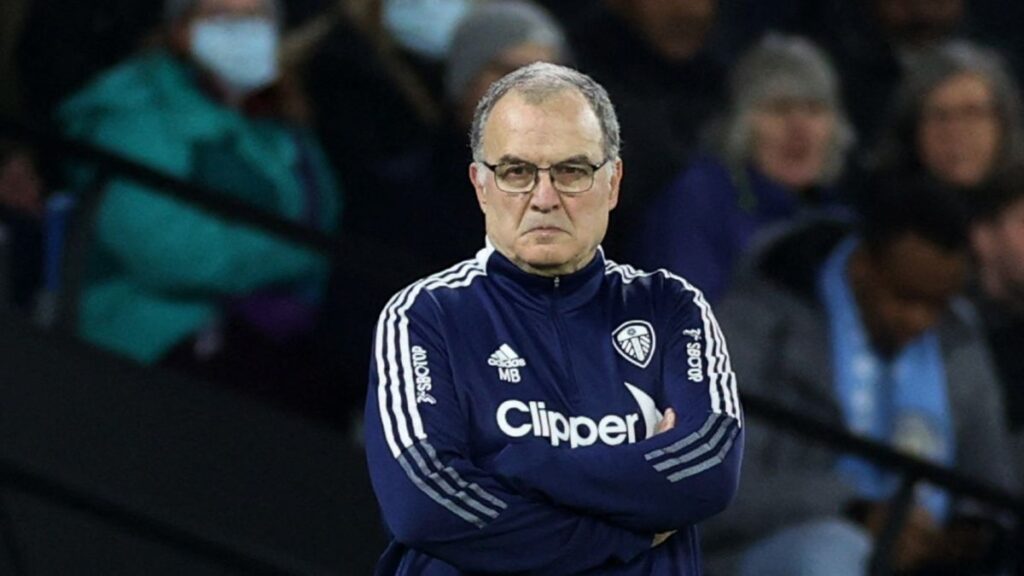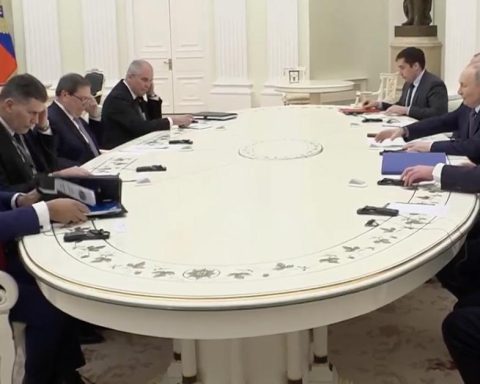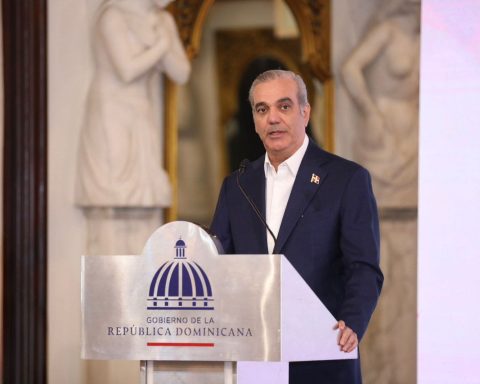Football is the continuation of war by other means. That was one of the most popular phrases in the football world during the Cold War. With the definitive elimination of the Russian team from the Qatar 2022 World Cup, it seems that those times have returned.
The boycott that the West has undertaken against the Government of Vladimir Putin has already transcended commercial and economic borders to position itself in one of the most symbolic spaces of civilization: sport. Only in this way, say experts consulted by Sputnik, can FIFA’s decision be understood to exclude Russia from this competition, which will take place from November 21 to December 18 in Qatar.
“Historically, sports are popular and symbolic spaces where all geopolitical problems arise. We saw it in the 1980 Moscow Olympics, which the United States did not attend, and in the 1984 Los Angeles Olympics, which the United States did not attend.” Russia attended,” observes Ismene Ithai Bras, an academic and researcher at the Faculty of Political and Social Sciences of the National Autonomous University of Mexico (UNAM).
This March 24, the Russian team would have sought its pass to the World Cup against Poland in Moscow, but the final decision of the Court of Arbitration for Sport (CAS) was conclusive: Russia does not have a place in the biggest party of international football. The Spanish journalist and writer Miguel Ángel Bastenier already said: “Sport is the bloodless, but painful, version of politics in its most warlike sense.”
“Let us remember that there is a sports diplomacy that has also been much discussed and commented on, especially when it consists of further punishing a certain group of athletes for actions that, in reality, their government commits; in this way, their preparation and their sports commitment”, says the former consultant for the United Nations Development Program (UNDP).
Has the situation been even?
France has attacked and invaded African countries and has never been banned from a World Cup by FIFA. England came into conflict with Argentina over the Falklands and never received a sanction in the 1986 World Cup in Mexico. Chile was even allowed to attend the 1974 World Cup in West Germany despite the fact that a year earlier Augusto Pinochet took over. power violently after a military coup that ended in a dictatorship that lasted 16 years.
“Since its creation [en 1904], FIFA has been an organization with more Western values. In fact, today we can consider it an active actor in international relations because we know that [en la diplomacia] not everything is dealt with through the Westphalian nation states,” explains the Turkish internationalist and professor at the Pan American University, Talya Iscan.
According to its statutes, the body chaired by Gianni Infantino aims to “truly globalize, popularize and democratize football for the benefit of the whole world.” However, in recent years, it has been embroiled in a series of scandals, almost all stemming from corruption from the highest levels.
In May 2015, the international press reported the FIFA Gate, the biggest corruption scandal in world football history. Swiss authorities arrested 26 FIFA officials for fraud, bribery and money laundering, crimes they committed in various regions of the world, such as Latin America, North America, Europe and the Middle East.
Among those arrested was former CONCACAF Secretary General Chuck Blazer, as well as former CONMEBOL holders José Ángel Napout and Nicolás Leoz. Days later, the then president of FIFA, Sepp Blatter, was suspended for eight years from all football-related activities. This is how Gianni Infantino, the current leader of the organization, entered.
“In geopolitical terms, [la FIFA] it is a more western organization, but we cannot say that this is good or bad either: it is simply an actor that responds more to western interests and thus we can explain its position,” says the academic from the National Autonomous University of Mexico (UNAM). .
Russia: from protagonism to exclusion
Just four years ago, the country governed by Vladimir Putin opened its windows to the world with the organization of its first World Cup. For four weeks, the Russian territory became the home of sportsmanship, although the event was not exempt from criticism.
FIFA president Sepp Blatter accused in 2019 that former UEFA president Michel Platini engaged in irregular acts to award Qatar the venue for the 2022 World Cup and Russia that of 2018.
Blatter has insisted for years that the outcome of the 2010 FIFA vote was influenced by a meeting in Paris that included Platini, former French President Nicolas Sarkozy and Qatar’s future emir.
“Vladímir Putin’s objective in accepting the organization of the 2018 World Cup was never sports, but political,” explains Mexican historian Carlos Illades, author of books such as Marxism in Mexico. An intellectual story.
The opening of the World Cup in Russia saw three major absences from Western leaders: the then Prime Minister of the United Kingdom, Theresa May; German Prime Minister Angela Merkel and French President Emmanuel Macron.
“Russia 2018 is the party of Vladimir Putin. A celebration of Russia for the Russians. The declining Western economies reject Putin, but in reality he is the man that Russia needs right now: someone who imposes authority inside and outside the country, but at the same time it is capable of giving the world the image of a renewed Russia,” Alejandro Salgó, an expert in geopolitics of the Middle East and a researcher at UNAM, told the Mexican newspaper El Financiero in 2018.
Today, however, Russia is totally separated from any international tournament organized by FIFA. Users on social networks criticize this decision, since there are other countries involved in international conflicts that have not been sanctioned.
“Perhaps the most objectionable thing is that the decisions of the [como la FIFA] they are biased, since France will never be punished in this way, even though France has attacked African countries. In this sense, the message is very ambivalent. [de Occidente]”, concludes Ithai Bras.
